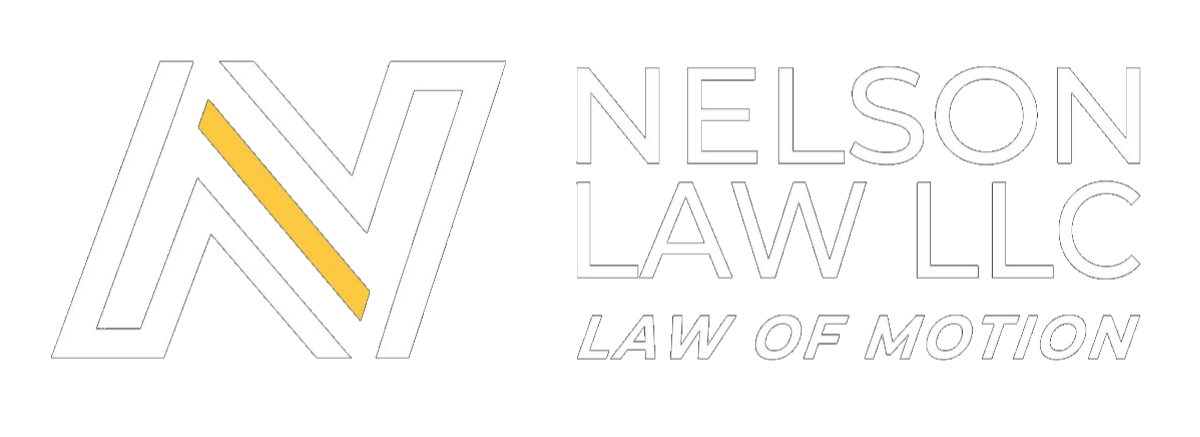In recent years, Tesla has been at the center of consumer rights and corporate accountability debates for its approach to dispute resolution mechanisms, notably through its use of forced arbitration provisions to thwart class action litigation. This legal mechanism plays a significant role in shaping its relationship with consumers, and understanding the intricate details of these protocols is crucial for both Tesla enthusiasts and critics alike.
Forced Arbitration Provisions:
Arbitration provisions are clauses in contracts that force parties to resolve disputes through arbitration rather than filing a lawsuit. For Tesla, these provisions have been a point of contention among consumers and legal experts, with critics arguing that Tesla does not fully disclose the legal ramifications of agreeing to arbitration when consumers purchase vehicles. While arbitration can offer a streamlined and potentially faster resolution process that is less costly than lengthy court battles, it also raises concerns about transparency, fairness, and accountability, as arbitration outcomes are generally not subjected to the same level of publicity and public scrutiny as court rulings. Additionally, unsophisticated consumers arguably may not realize that by agreeing to arbitration, they are waiving their right to pursue claims collectively as part of a class action lawsuit.
Unless they specifically “opt out,” U.S. consumers who purchase their vehicles directly from Tesla are bound by the following “agreement to arbitrate”:
In the event of a concern or dispute between us, please send Tesla written notice to resolutions@tesla.com describing the nature of the dispute and the relief sought. If it is not resolved within 60 days, Tesla and you agree that any dispute arising out of or relating to any aspect of the relationship between us will not be decided by a judge or jury but instead by a single arbitrator in an arbitration administered by the American Arbitration Association (AAA). This includes claims arising before this Agreement, including claims related to statements about our products. Alternatively, you may opt out of arbitration as described below.
Class Action Litigation:
In contrast to arbitration, class action litigation allows groups of individuals with similar claims against a company to join together in a single lawsuit. Class actions can be a powerful tool for addressing widespread consumer grievances and holding corporations accountable for alleged wrongdoing, particularly in cases involving widespread harm or damage. By consolidating numerous claims into a single lawsuit, class actions offer a cost-effective legal means to leverage collective strength, potentially deterring corporate misconduct and securing more meaningful remedies for affected individuals. Critics of Tesla’s ongoing efforts to shoehorn arbitration provisions into sales agreements argue that class actions provide a vital avenue for addressing systemic issues through collective consumer action.
Current Landscape:
As Tesla continues to innovate and expand its market share, the discussion around arbitration provisions and class action litigation is likely to remain relevant. The evolving legal landscape surrounding these issues will likely shape the dynamics of consumer-company relationships and the mechanisms available for addressing disputes in the modern marketplace.
Last year, Tesla successfully used forced arbitration to thwart a class action lawsuit from collective customers who claimed they were misled by Tesla regarding the true capabilities of its advanced driver assistance system (ADAS) technologies, Autopilot and Full Self-Driving (FSD), which led to collisions that caused injuries and death in California.
More recently, Tesla successfully employed the same legal strategy to obtain a dismissal of a proposed class action from customers who accused Tesla of fraudulently inducing them to buy its cars by overstating driving ranges. The attempted class action stemmed from a Reuters report last year that highlighted questionable practices, including a claim that Tesla had developed a secret team to suppress customer complaints and a special algorithm that showed drivers a more optimistic range at first and then turned more precise once the vehicle’s state of charge dipped below 50%.
In dismissing the proposed class claim, U.S. District Judge Yvonne Gonzalez Rogers didn’t address the merit of the claims, but she did agree with Tesla that the customers agreed to let go of their right to sue Tesla and go through arbitration instead when they signed their purchase agreements.
As these legal skirmishes continue to playout across the country, the interplay between Tesla’s arbitration provisions and class action litigation reflects broader debates surrounding due process, accountability, and the rights of consumers in a rapidly changing legal and business environment. As Tesla continues to shape its policies in this domain, consumers and observers alike should stay informed about these evolving dynamics and their implications for the larger landscape of consumer protection and corporate accountability. As stakeholders navigate these complex issues, the need for dialogue, transparency, and thoughtful consideration of the implications of legal mechanisms on individuals and society as a whole is paramount.
Copyright Nelson Law LLC
The opinions expressed in this blog are those of the author(s) and do not necessarily reflect the views of the Firm, its clients, or any of its or their respective affiliates. This blog post is for general information purposes and is not intended to be and should not be taken as legal advice.
